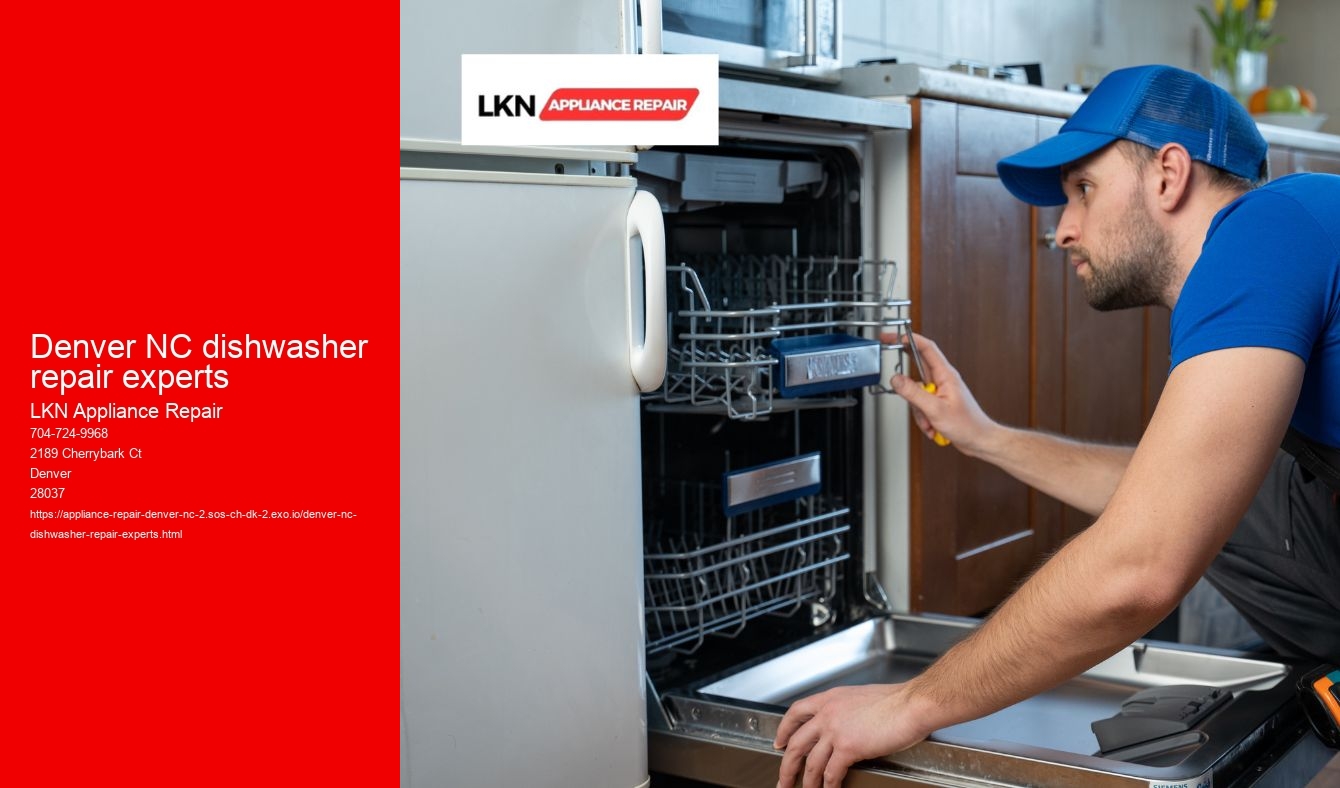Ultimate Guide: Exactly How to Effectively Clean and Maintain Your Dishwashing Machine for Long life
Dishwasher troubleshooting Denver NC .Introduction: Your dishwasher is among the hardest-working home appliances in your kitchen area, diligently scrubbing away food fragments and oil from your dishes. However, to keep it running efficiently and prolong its life expectancy, normal cleansing and upkeep are vital. In this thorough overview, we'' ll walk you through the steps to properly tidy and maintain your dish washer, guaranteeing it operates smoothly for many years to find.
-
Understand Your Dishwasher: Prior to diving right into the cleaning procedure, it'' s critical to recognize exactly how your dishwashing machine functions. Acquaint yourself with its components, such as the filter, spray arms, detergent dispenser, and seals. This knowledge will aid you recognize locations that require normal focus.
-
Regular Cleansing Routine: Creating a regular cleaning schedule is crucial to stop buildup and keeping optimum performance. Below'' s a step-by-step overview:
a. Tidy the Filter: The filter catches food fragments and particles, stopping them from blocking the dish washer'' s drain. Eliminate the filter according to the supplier'' s directions and wash it under running water to eliminate any kind of residue. For persistent build-up, saturate the filter in warm, soapy water before washing.
b. Clean Down the Interior: Make use of a wet fabric or sponge to clean down the interior wall surfaces, door, and gasket of the dish washer. Pay special interest to areas prone to mold and mold, such as the door seal.
c. Unclog the Spray Arms: Evaluate the spray arms for obstructions or particles that might impact water flow. Make use of a toothpick or little brush to eliminate any build-up from the spray nozzles.
d. Run a Cleaning Cycle: Occasionally run an empty dishwashing machine cycle with a specialized dish washer cleaner or a combination of vinegar and cooking soda. This helps eliminate limescale, grease, and odor-causing germs from the indoor components.
-
Deep Cleaning Up Tips: Along with routine upkeep, deep cleansing your dish washer occasionally is vital for ideal performance. Adhere to these actions for a detailed clean:
a. Vinegar Rinse: Area a mug of white vinegar in a dishwasher-safe container on the leading rack of the vacant dishwasher. Run a warm water cycle to help eliminate mineral deposits and get rid of odors.
b. Baking Soda Scrub: Sprinkle cooking soft drink on the bottom of the dishwasher and let it sit for several hours or overnight. After that, making use of a moist sponge or cloth, scrub the indoor surfaces to get rid of persistent discolorations and residue.
c. Inspect the Drain: Evaluate the dishwashing machine drain for any kind of obstructions or blockages. Get rid of particles using a plumber'' s serpent or a cable hanger, ensuring appropriate water drainage.
-
Upkeep Tips for Durability: To extend the lifespan of your dishwashing machine and protect against pricey repair services, incorporate these maintenance pointers right into your regimen:
a. Use Quality Detergent: Opt for top quality dishwasher cleaning agent to ensure effective cleansing without harming the appliance'' s parts.
b. Avoid Overloading: Resist the temptation to stuff too many dishes right into the dish washer, as overcrowding can hinder proper water flow and cleaning performance.
c. Inspect Seals and Gaskets: Consistently examine the door seals and gaskets for indicators of wear or damages. Replace any kind of worn-out seals to stop leakages and maintain power effectiveness.
d. Clean Outside Surfaces: Don'' t neglect to wipe down the outside surfaces of the dishwasher, including the control board and door manage, to keep them free of dirt and gunk.
Conclusion: By adhering to these simple yet reliable cleansing and maintenance pointers, you can make certain that your dish washer runs effectively and lasts for many years ahead. Include these practices right into your household regimen to appreciate sparkling clean dishes and easy dishwasher performance.
